Photo Essay (I): No Way Home For Locals Uprooted By Disastrous Maiduguri Floods
Although the floodwaters have receded in many parts of the Maiduguri metropolis and Jere, many families are still homeless and ruins are being recorded in several other places. Many affected people are desperately in need of food and support to rebuild their homes.
Tears, sorrow, destruction and displacement hit thousands of people following the disastrous flooding that nearly swallowed towns and villages of Maiduguri and the Jere local government areas of Borno State, North East Nigeria. The flood swept through communities and left disturbing trails of ruins in the affected areas.
It sparked intense debate over its causes, and HumAngle found through satellite data and an analysis of budgetary allocations that the breakdown of the Alau Dam was due to negligence and lack of accountability. Alau Dam, a critical infrastructure designed to regulate water flow and provide irrigation and drinking water, overflowed following heavy rainfall, resulting in unprecedented flooding, the worst crisis of its kind in 30 years.
The flood has displaced over 400,000 people, including those affected by the prolonged Boko Haram insurgency. HumAngle’s on-site reporting has documented how women, children, and elderly people are the most affected by this crisis. The flooding submerged towns and villages on Sept. 10, but some families are already picking up the ruins to rebuild their homes.
The state government set up temporary makeshift camps to accommodate victims of the flood, yet several families could not make it to the camp for unclear reasons. Some other families passed the nights on sprawling streets and host communities.
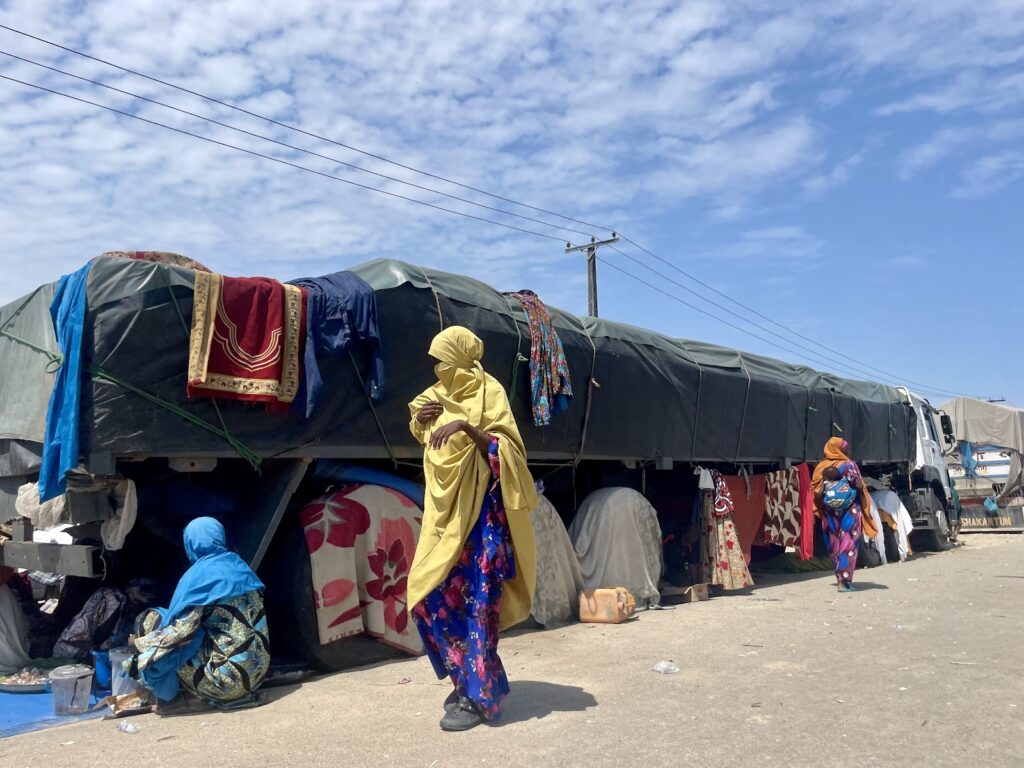
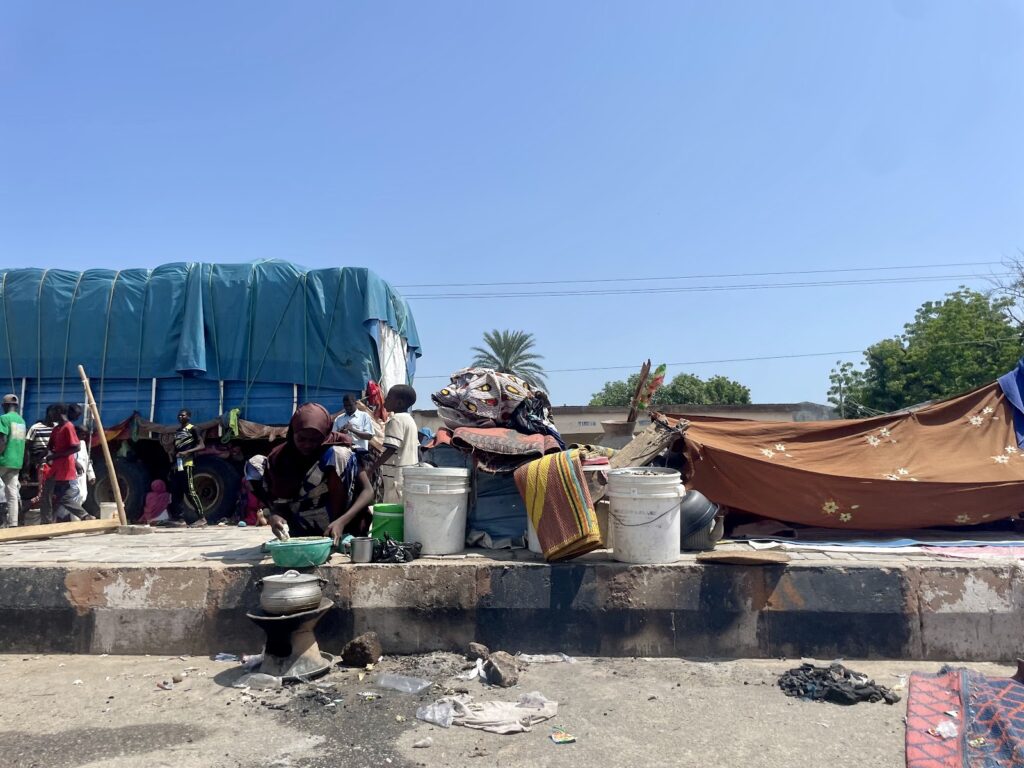
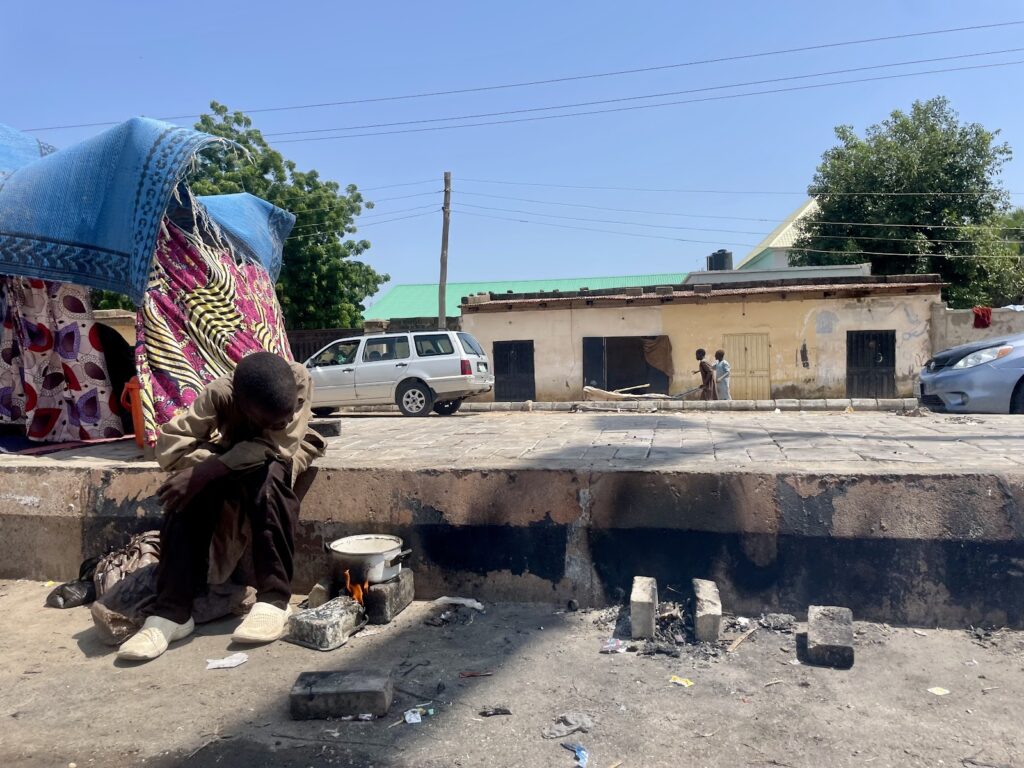
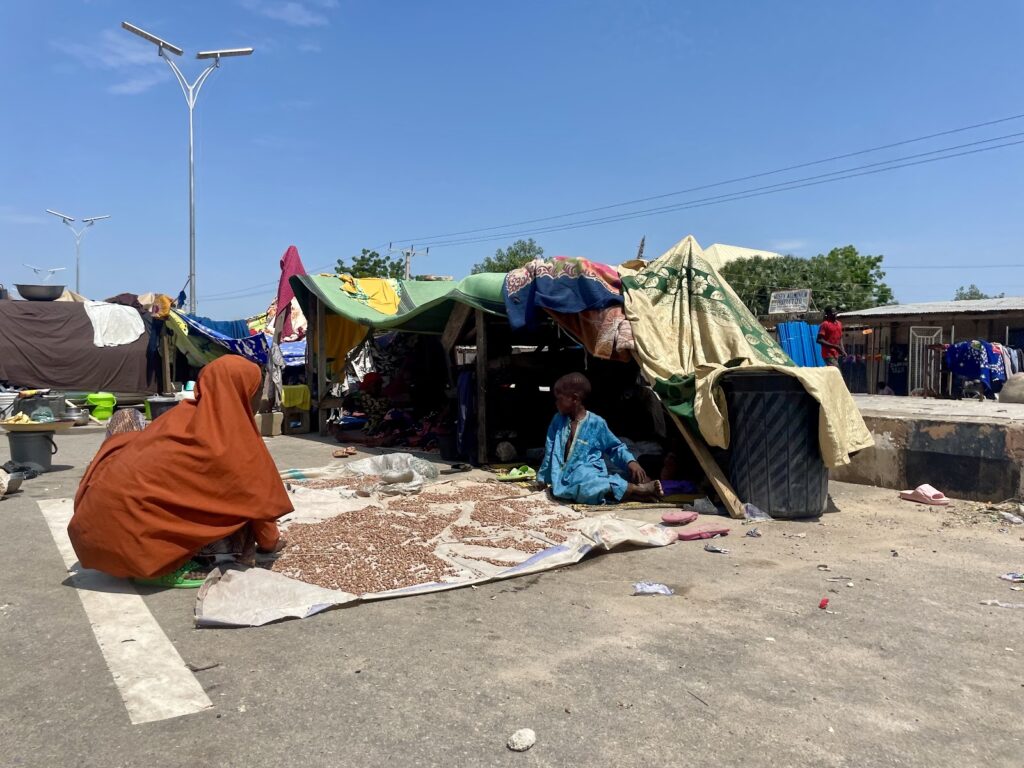
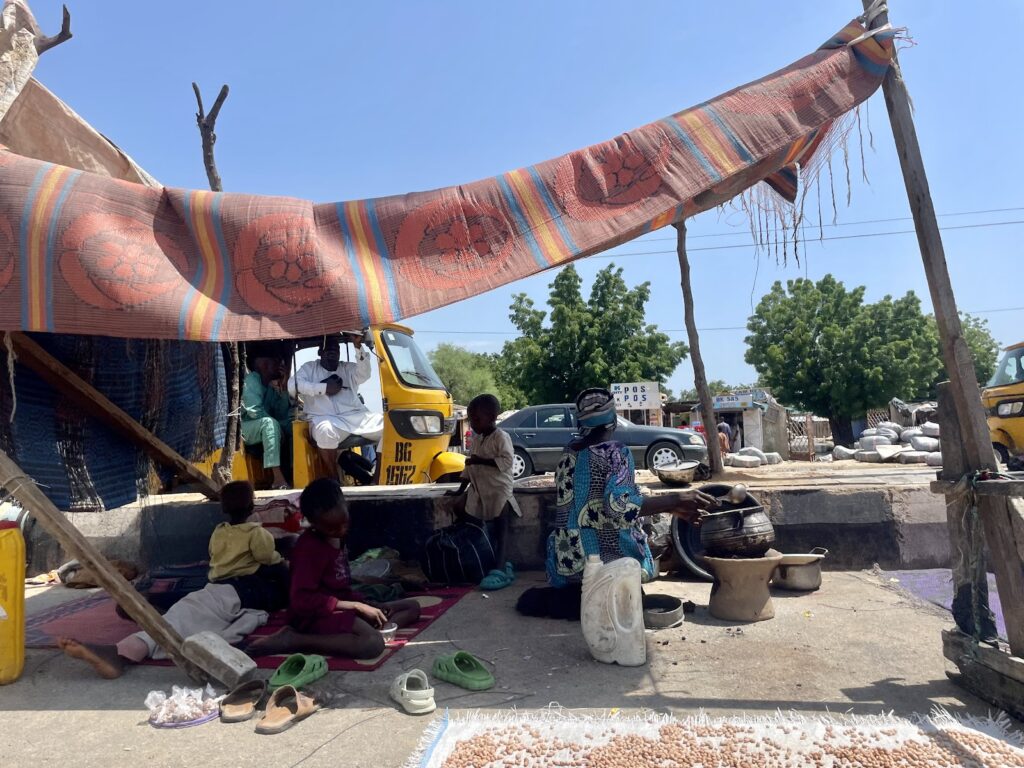
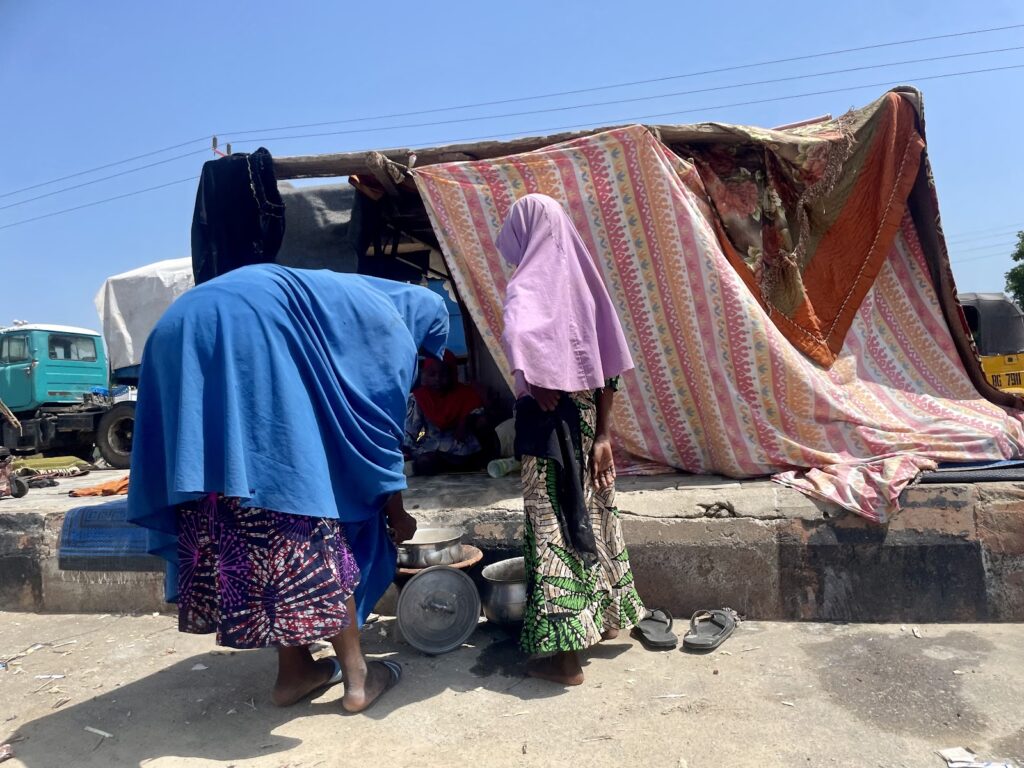
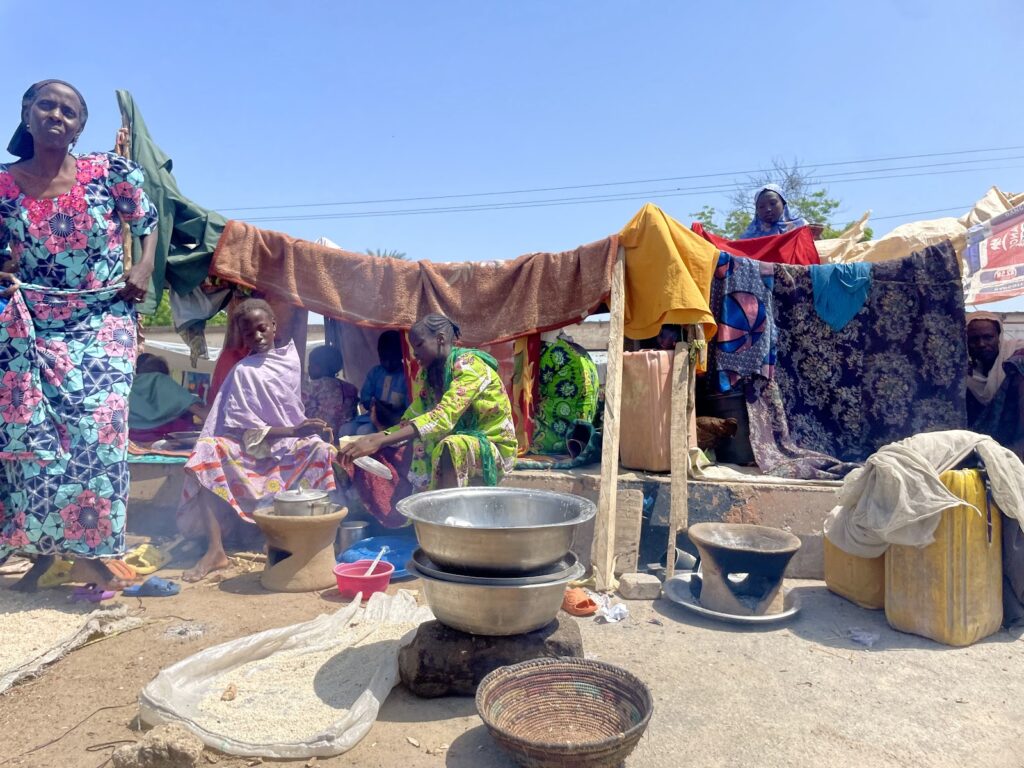
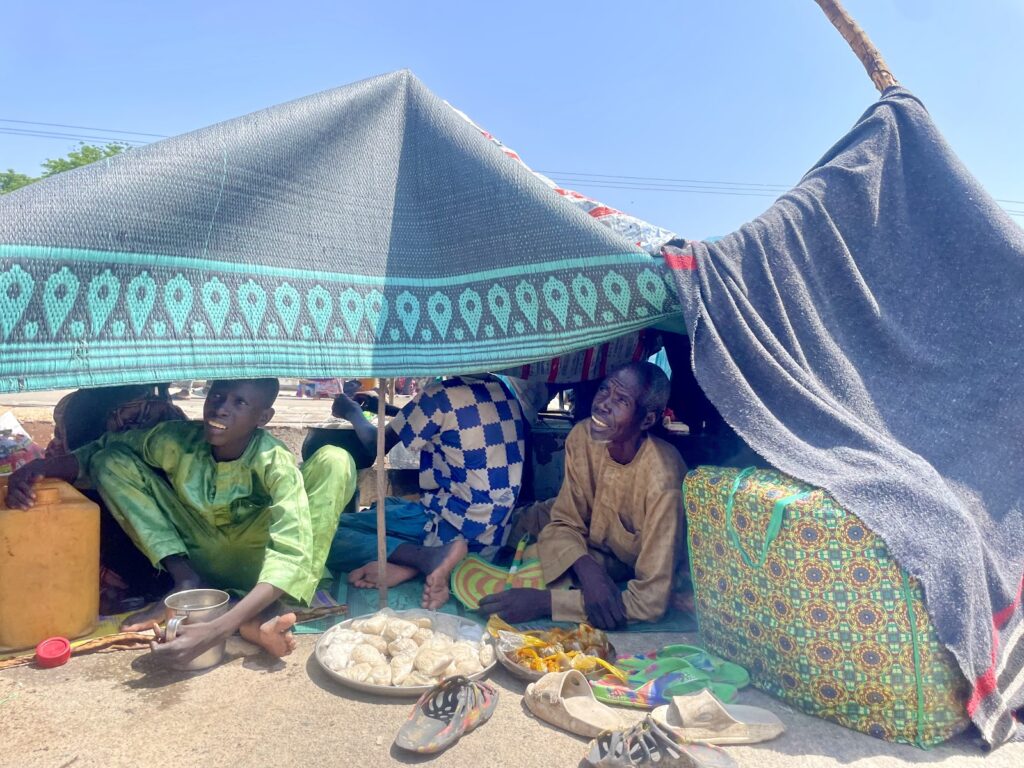
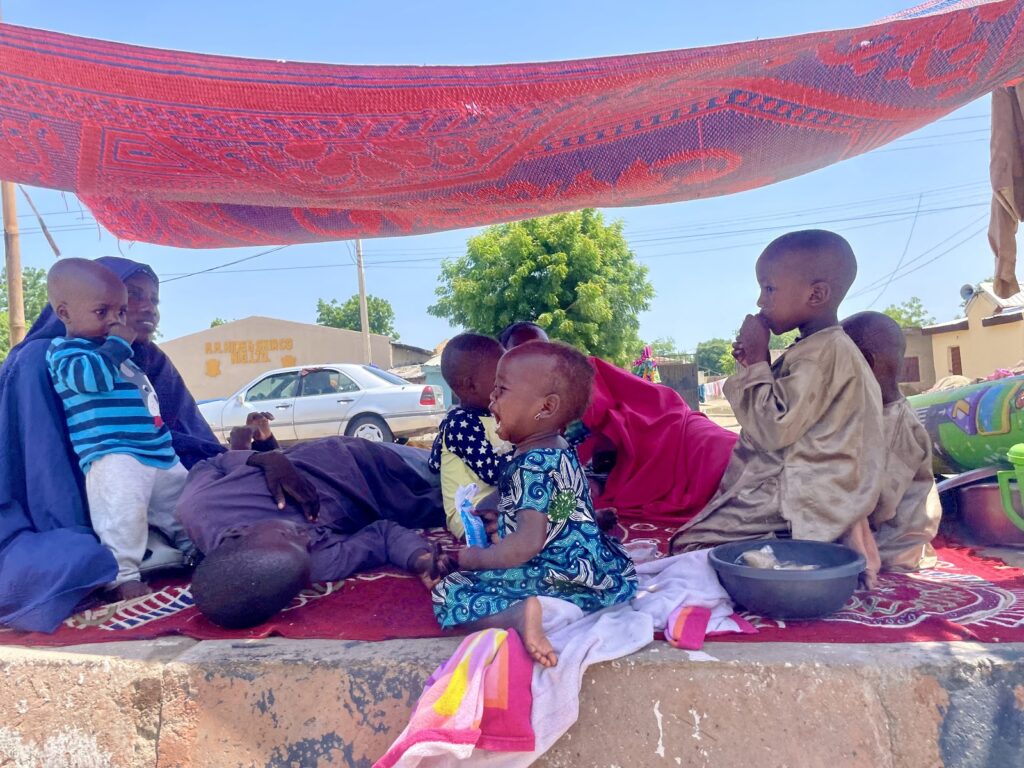
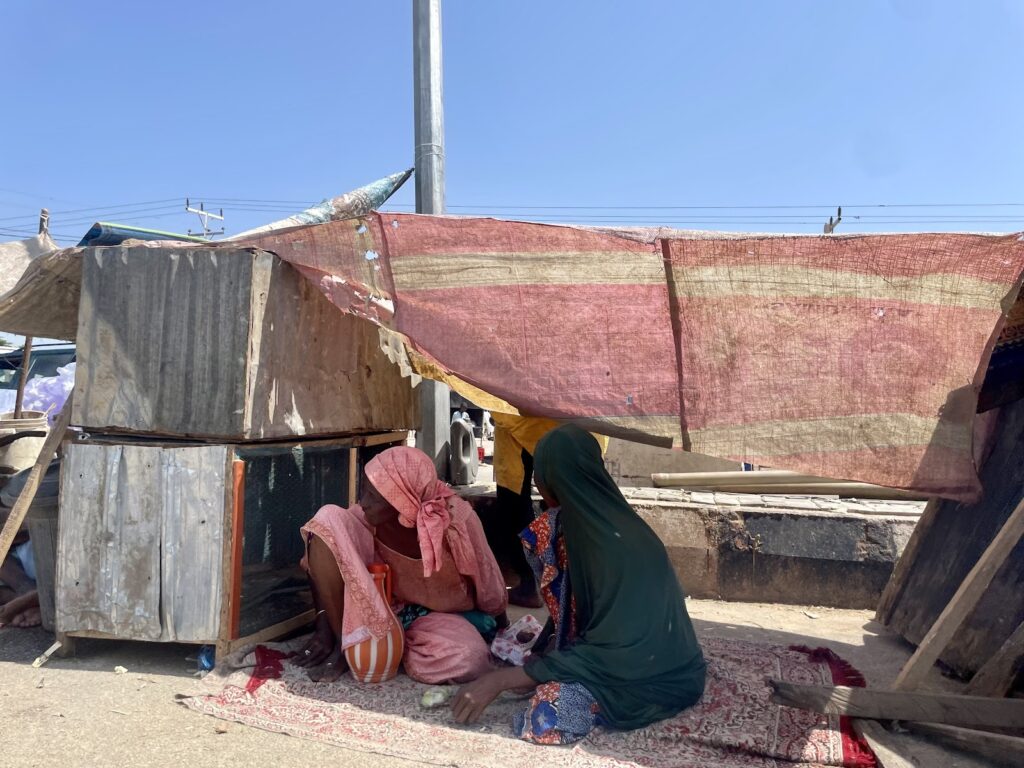
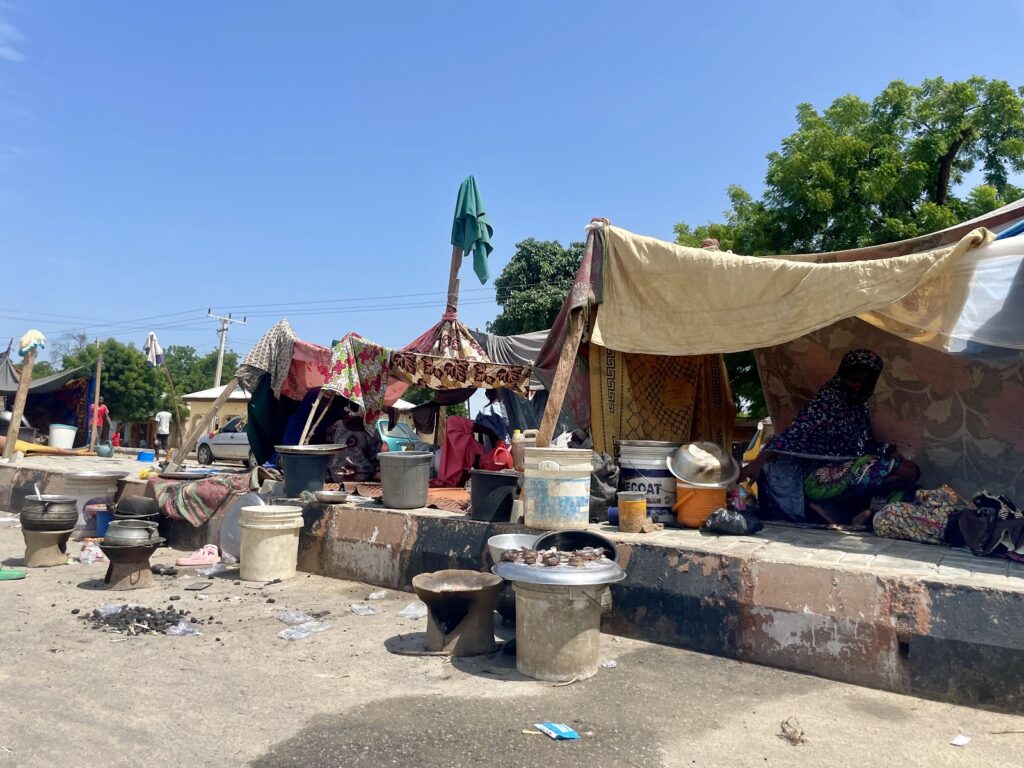
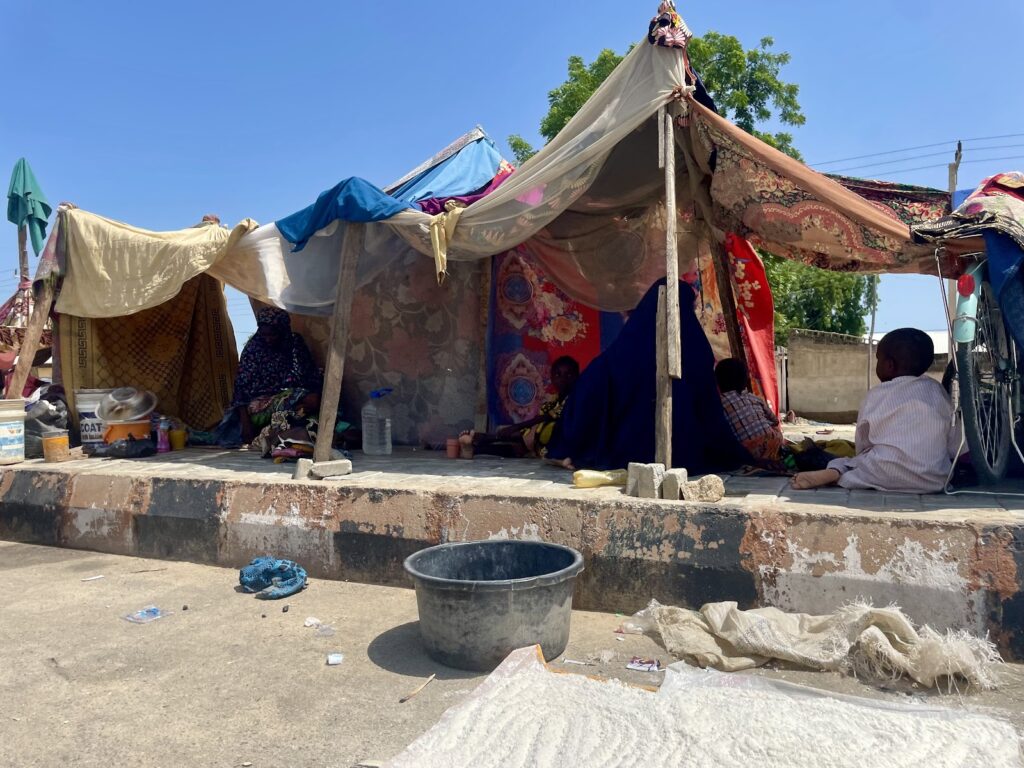
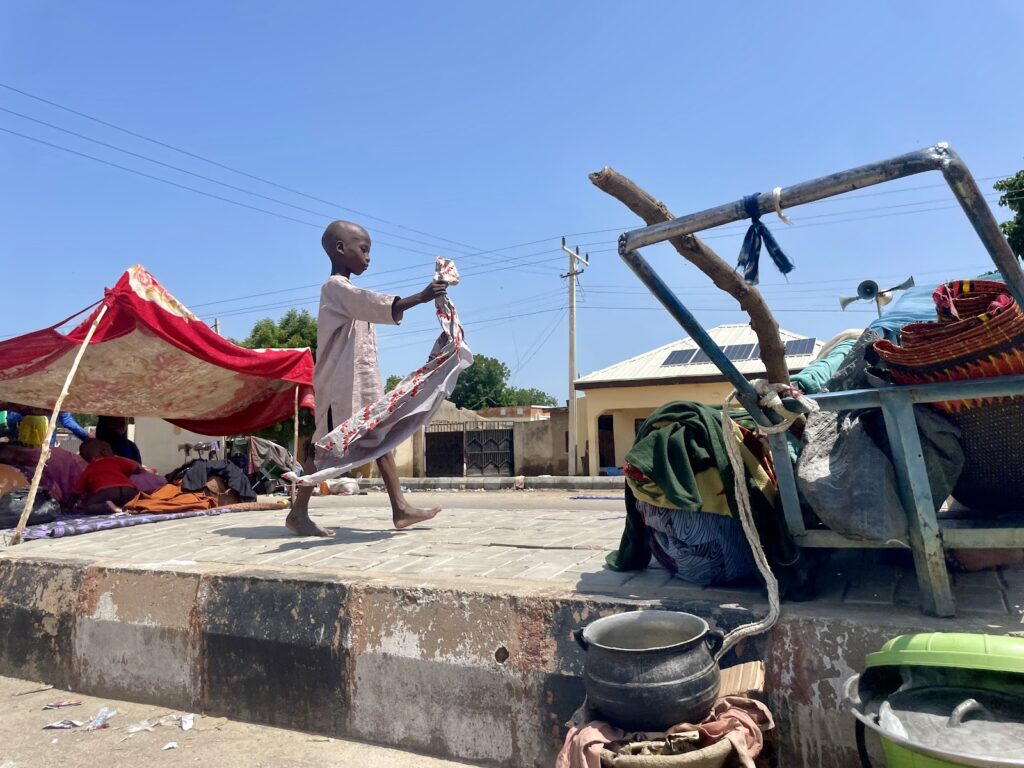
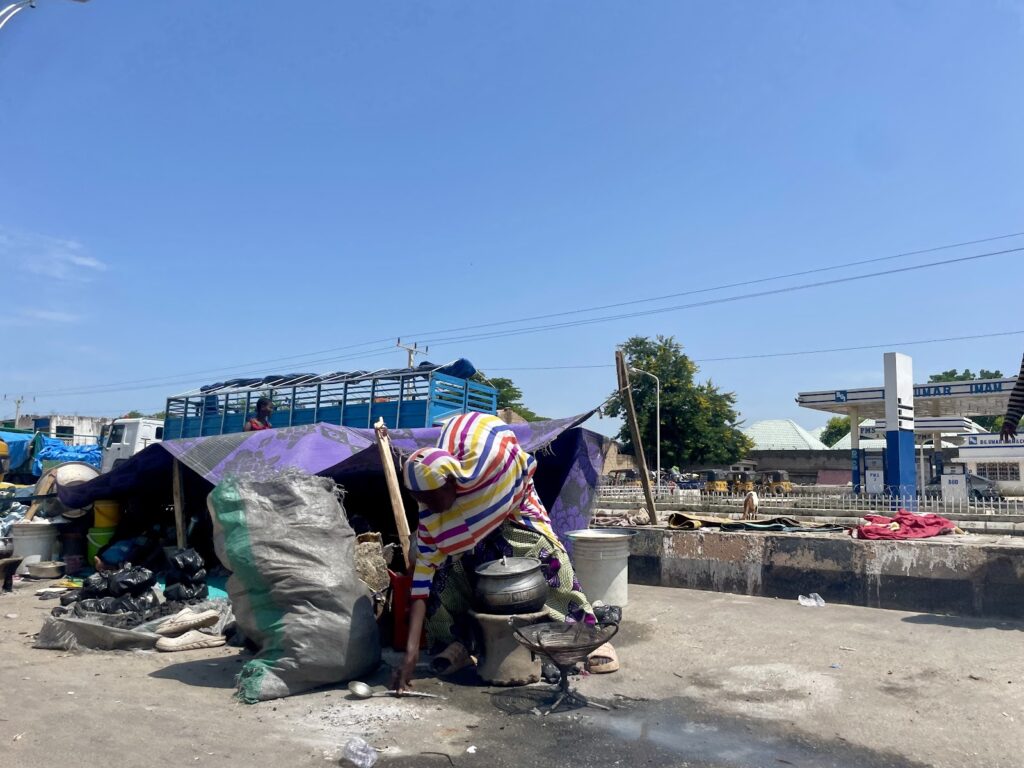
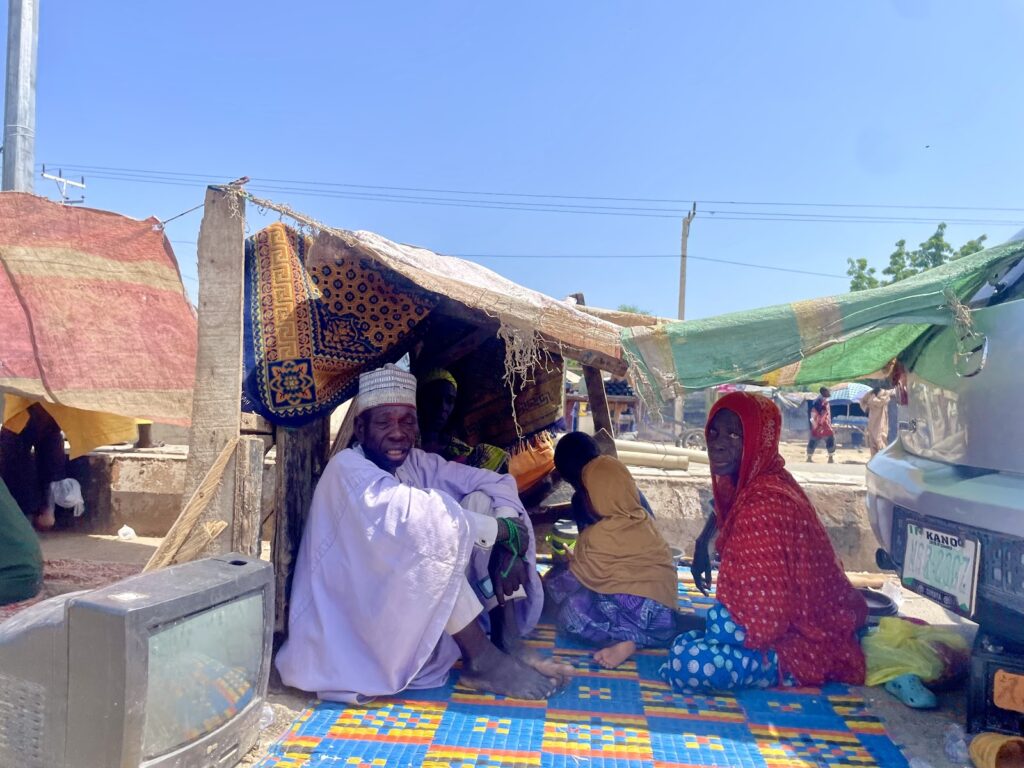
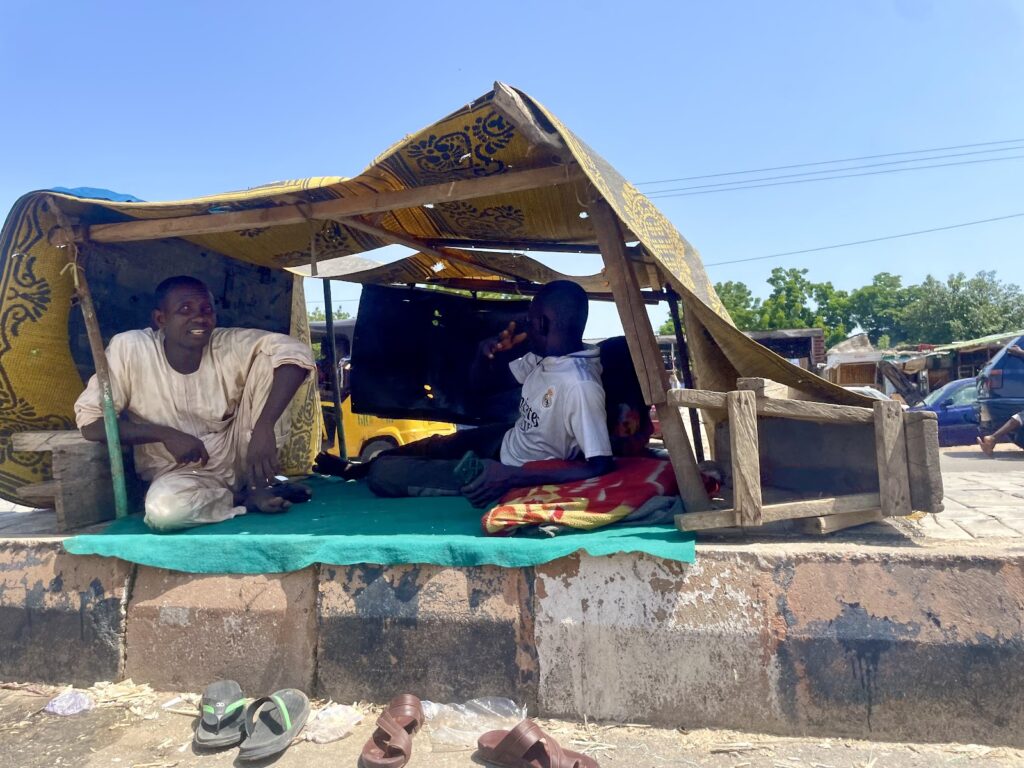
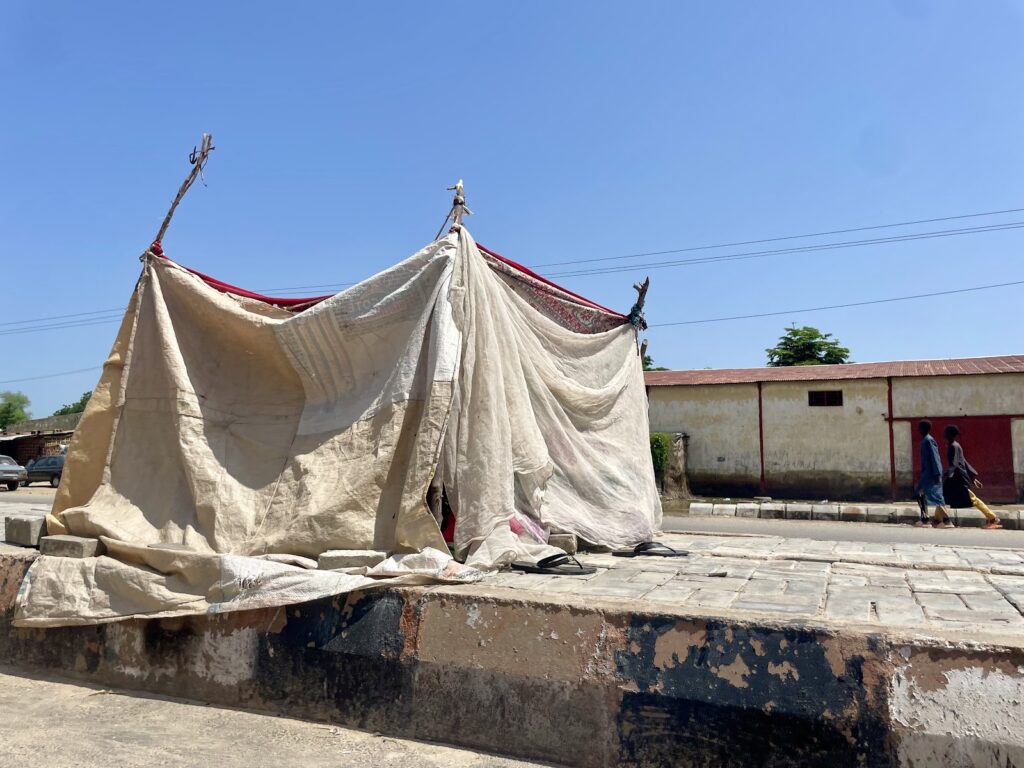
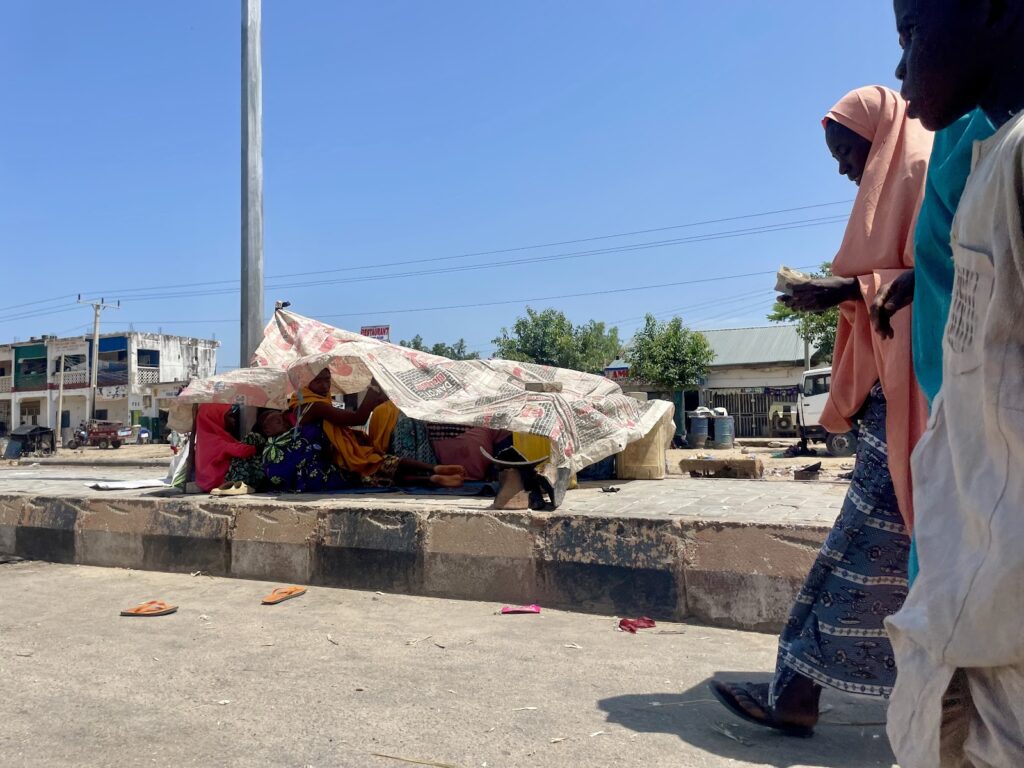
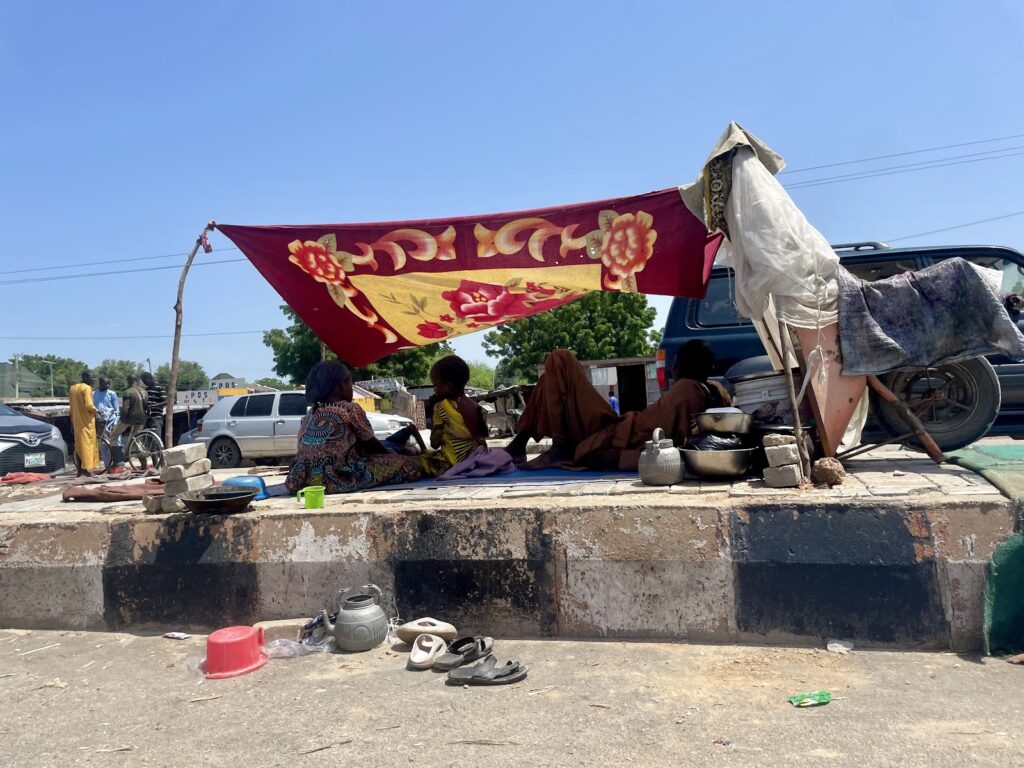
Disastrous flooding in Maiduguri and the Jere local government areas of Borno State, North East Nigeria, has caused immense destruction and displaced over 400,000 people. The flooding was triggered by the breakdown of the Alau Dam following heavy rainfall, which was attributed to negligence and lack of accountability regarding the dam's maintenance.
The affected regions have seen significant displacement, with many victims, including women, children, and the elderly, struggling to find shelter and food. Temporary camps set up by the state government have not accommodated all victims, leading some families to live on the streets. Despite the dire circumstances, communities are attempting to rebuild, with families creating makeshift shelters and finding ways to dry and preserve what little food they can salvage.
Support Our Journalism
There are millions of ordinary people affected by conflict in Africa whose stories are missing in the mainstream media. HumAngle is determined to tell those challenging and under-reported stories, hoping that the people impacted by these conflicts will find the safety and security they deserve.
To ensure that we continue to provide public service coverage, we have a small favour to ask you. We want you to be part of our journalistic endeavour by contributing a token to us.
Your donation will further promote a robust, free, and independent media.
Donate HereStay Closer To The Stories That Matter





